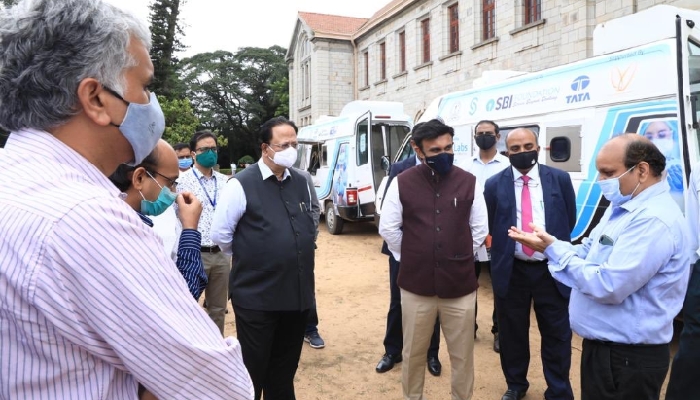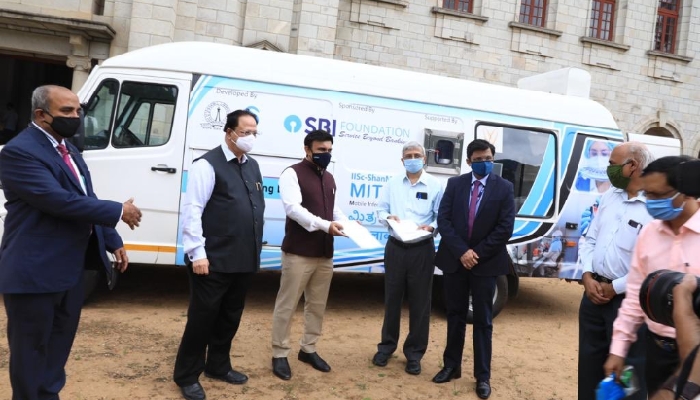Bengaluru, Oct 8: The Indian Space Research Organisation (ISRO) has shipped a key payload of Chandrayan-2, the Lander Ka Band Radar altimeter and HDA Processor, from its Satellite Application Center (SAC) in Ahmedabad to U R Rao Satellite Centre in Bengaluru that will be tested and integrated in this mission.
ISRO website said that the Altimeter and HDA Processor was flagged off from SAC on Monday by Former ISRO Chairman A S Kiran Kumar in the presence of D K Das, Director, Space Applications Centre (SAC).
Chandrayaan-2 Mission, that was originally slated for launch during December 2016, was twice rescheduled and is expected to be launched from ISRO’s spaceport in Sriharikota during January 2019.







Comments
Good move. ISRO is the only significance thing we have.
Add new comment